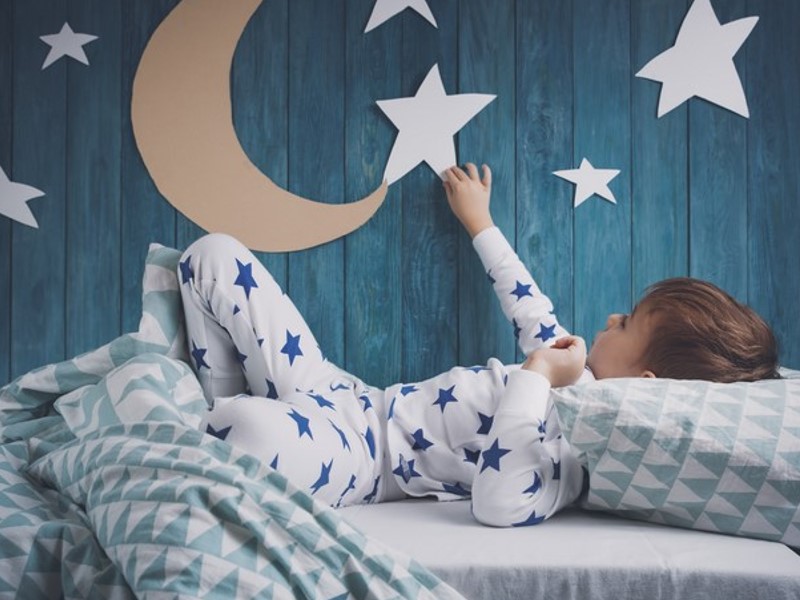Insomnia is a condition where a person cannot sleep well. Contrary to common belief, adults and children can become insomniacs.
When it becomes difficult for your child to fall, remain, or sleep for the recommended hours, your little one will become grouchy and tired throughout the day. Insomniac children also tend to be less effective with their studies, more forgetful, and generally unhappy.
Insomnia is connected to a lot of things, such as medicines, health issues, and the behaviors and thoughts of a child that might interfere with sleep.
Table of Contents:
Caring for a Child with Insomnia at Home
The doctor can recommend a few things you can try doing at home. These depend on your child’s age and the condition’s potential cause.
If you have an older child, the doctor may suggest cognitive behavioral therapy that addresses insomnia. It can involve changing behaviors and thoughts that hinder sleep. Depending on your doctor’s suggestions, you might also develop a bedtime routine to ensure your children are ready to sleep.
You might also want to encourage your child to exercise regularly. If medicines are prescribed, see that your child will take them as the doctor recommended. Contact the healthcare practitioner if your child experiences any issues or reactions to the medicine.
Develop a Bedtime Routine
Developing a bedtime routine is also critical to ensure your child falls asleep and sleeps for as long as necessary. Ensure your little one doesn’t consume any drinks or foods with caffeine, including chocolate, soft drinks, and iced tea for 8 hours before bed.
See that your child doesn’t eat a large meal near bedtime. A light snack is often enough if your child feels hungry. Don’t allow your child to drink lots of water before bedtime since the urge to pee might force your child to wake up in the middle of sleep.
Never encourage your child to watch TV, read, or use gadgets like tablets and smartphones in bed. The bed should be exclusively used for sleeping purposes. Ensure that your house is calm and quiet about one hour before the set bedtime of your little one.

Switch off the TV, turn down the lights and the music volume, and log off the laptop. All of these can help children relax and unwind after a tiring day. You must also keep your kid’s bedroom cool, dark, and quiet. You might also want to consider removing the computer, TV, and other gadgets and electronic devices from your little one’s room.
It would be best to have your kid sleep and wake up simultaneously. They should always sleep on a comfy mattress with comfy pillows. If your child feels anxious from watching the time, turn it so the clock doesn’t face your child.
Sleep issues like insomnia aren’t something that only adults experience. Even kids have them, too!






